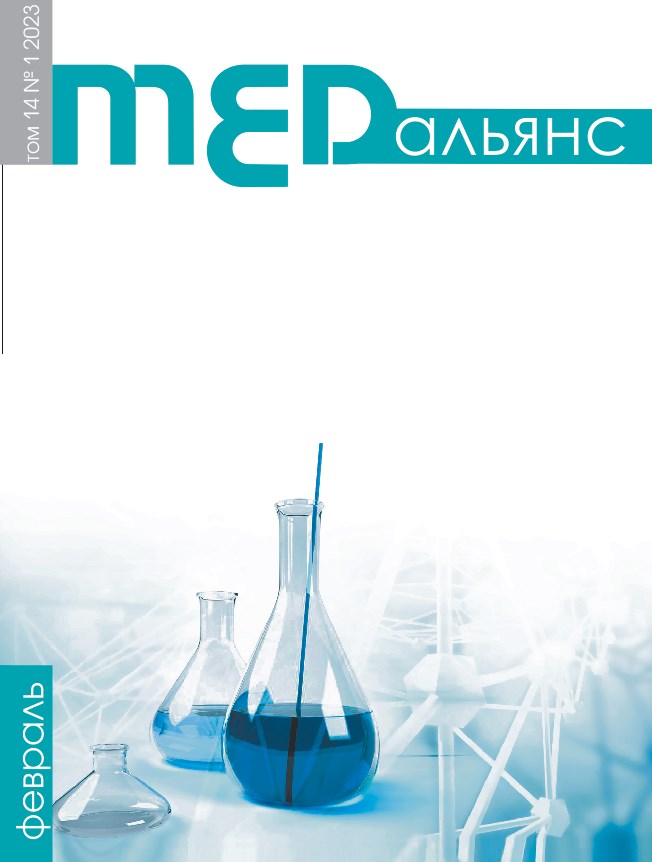Abstract
Modern studies have convincingly confirmed the relationship between the state of the oral microflora and the risk of developing diseases with a systemic inflammatory component, including atherosclerosis. One of the mediators of systemic inflammation is C-reactive protein (CRP), which is of particular interest to internists as a predictor of cardiovascular diseases. Purpose of the study. To study the relationship of chronic odontogenic foci of infection with the pathology of the cardiovascular system. Materials and methods of research. А clinical examination was performed with the determination of the OHI-S (Green-Vermillion) and periodontal index (PI); photo protocol, CBCT analysis with a resolution of 12?8.5 in 30 patients aged 41.1±4.1 years with coronary heart disease (CHD). The first group of patients consisted of 15 people with chronic periodontitis, the second — 15 people without signs of periodontal pathology. In all patients the levels of CRP and total cholesterol were determined before and 4 months after dental treatment. Results. In the first group of patients, before the start of dental treatment, the level of CRP was 8.63±0.12 mg/l, total cholesterol — 7.43±0.24 mmol/l; in the second group, the level of CRP was 4.44±0.36 mmol/l, total cholesterol — 5.76±0.17. 4 months after the dental treatment, the level of CRP in the first group was 5.41±0.23 mg/l, total cholesterol — 6.41±0.12 mmol/l; in the second group, the level of CRP was 4.21±0.12 mg/l, the level of total cholesterol was 5.34±0.13 mmol/l. Conclusion: chronic focal odontogenic infection contributes to the development of a systemic inflammatory response, accompanied by an increase in the level of CRP. Timely detection and elimination of chronic odontogenic foci of infection is accompanied by normalization of the level of C-reactive protein.

